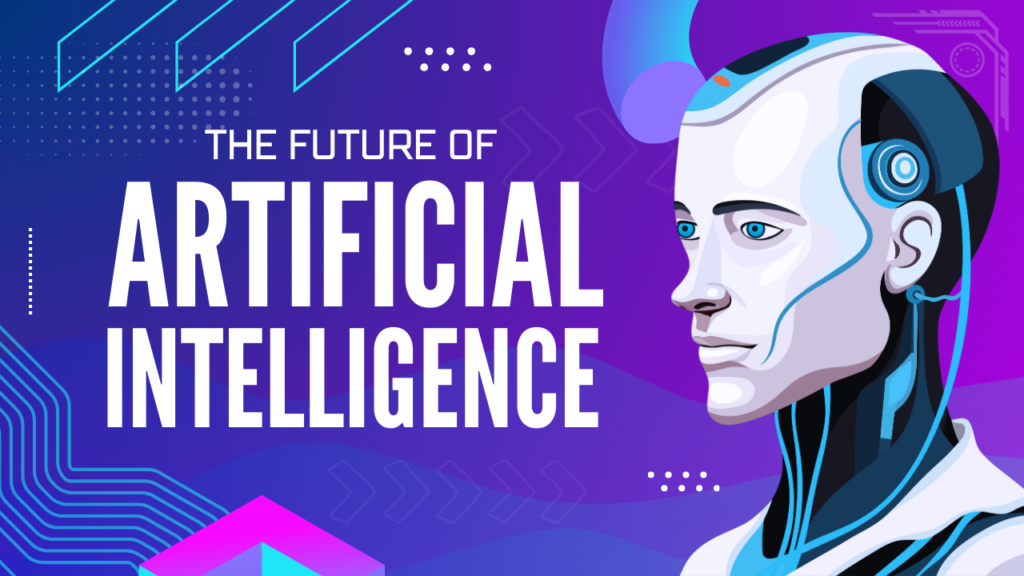
Artificial Intelligence has long been a subject of fascination. You may have watched science fiction movies like Minority Report, The Terminator, and The Matrix. These sci-fi movies revolve around futuristic AI technology. But in the 21st century, AI has become a part of our everyday lives.
Your smartphone comes equipped with a virtual assistant. Smart home devices like AI-based thermostats, security cameras, and AI-enabled indoor lights are improving your quality of life. You can monitor and improve fitness through AI-powered fitness trackers.
But what does the future of AI look like?
Before we explore predictions about AI’s future, let’s learn about the history of this technology.
Table of Contents
ToggleBrief History of AI
The concept of AI sounds brand new. It became a mainstream thing after the launch of ChatGPT. But the history of AI is quite old. In fact, it’s much older than what you may think.
Artificial Intelligence’s history dates back to the 1950’s. Alan Turing, a British mathematician, proposed the idea of machines that could think in his paper “Computing Machinery and Intelligence”.
The concept was developed further during this period. Then came researchers like John McCarthy and Marvin Minsky who created the initial artificial neural network. The next two decades proved to be the golden years for AI growth.
But the tech field faced significant challenges during the 1980s and 1990s. So, this period is often called the AI winters. Several challenges hindered technological advancement. The second AI winter came between 1987 and 1993. But computer scientists kept working on the technology.
The 21st century marked a significant leap for AI. Today, AI solutions are being used in almost every industry. From virtual assistants in smartphones to complex data analytics tools for businesses, they are everywhere.
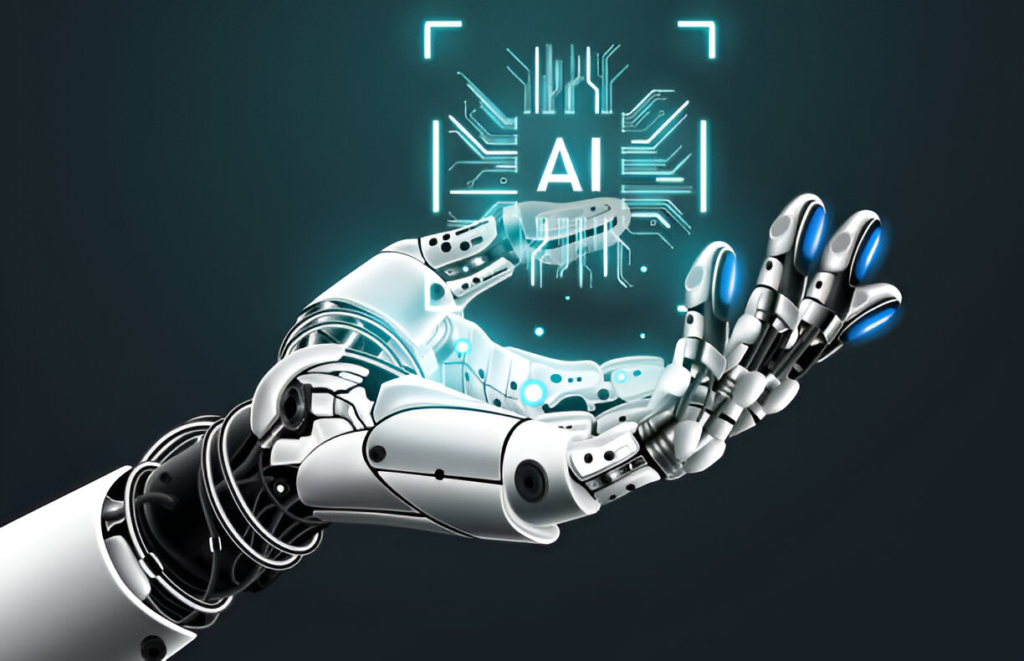
The Future Impact of AI on Different Industries
AI is all set to revolutionize various sectors. Let’s take a look at some industries and how AI may shape them in the long term.
Healthcare
AI development has already improved the quality of healthcare for patients. But its future prospects seem even more promising.
Early diagnosis of diseases is paramount to treat health issues in patients. With AI systems, we will likely see higher accuracy in diagnosing diseases.
Healthcare professionals would be able to synchronize their systems with patients’ wearable fitness trackers or health monitoring apps. This way, they can keep an eye on patients’ health in real time. Then they can diagnose potential health issues much faster through AI tools.
AI in radiology will help with faster and more precise reading of medical images and scans. Also, AI can analyze vast amounts of data. Thus, it’ll be able to create personalized treatment plans for individual patients.
Another potential impact is faster drug discovery. AI systems will likely be able to simulate biological processes. Thus, it will speed up the development of new medications. As a result, life-saving drugs can be developed quicker and reach the market in less time.
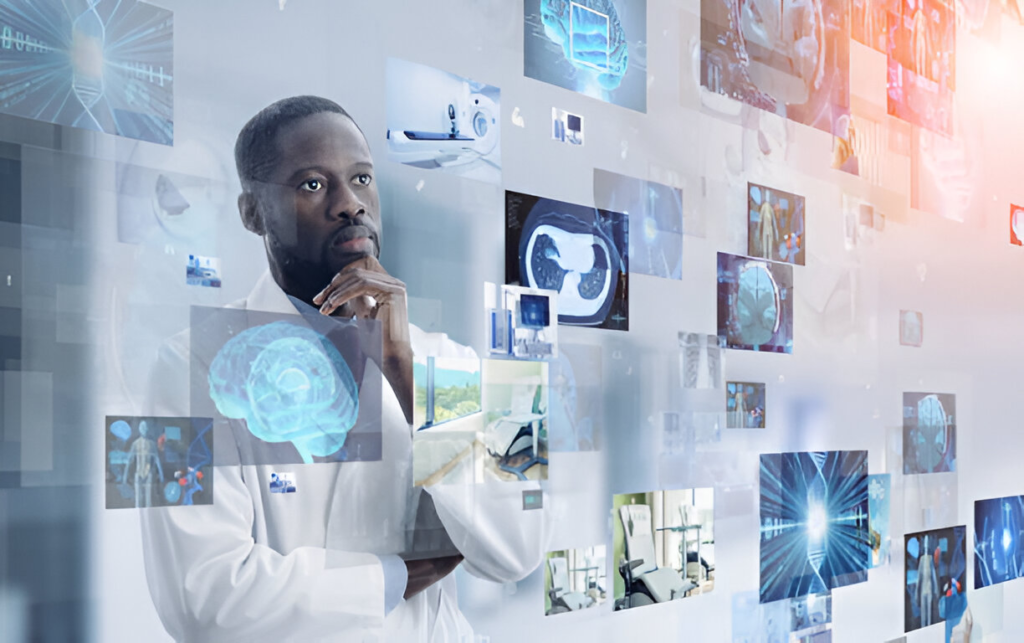
Manufacturing
The manufacturing sector can greatly benefit from AI advancement. If you’ve visited any manufacturing facility, you might have noticed automated machines. Bigger production facilities also use robots for manufacturing as well as for monitoring the premises.
In the future, this trend will continue to grow. AI-powered robots and automation systems can streamline production lines. They can help increase efficiency and reduce the risk of errors.
Further, AI machines will be equipped with predictive maintenance features. This can help them foresee potential machinery breakdowns. So, they can schedule repairs before the problem accelerates and damages the machine.
AI-driven quality control systems will help boost the quality of manufactured goods. For this purpose, they will use machine learning algorithms to inspect products and identify defects and inconsistencies.
AI technology will impact almost all aspects of businesses. This includes supply chain.
Artificial Intelligence can optimize supply chain operations by predicting demand and managing inventory. It’ll also select the best shipping routes to speed up delivery.
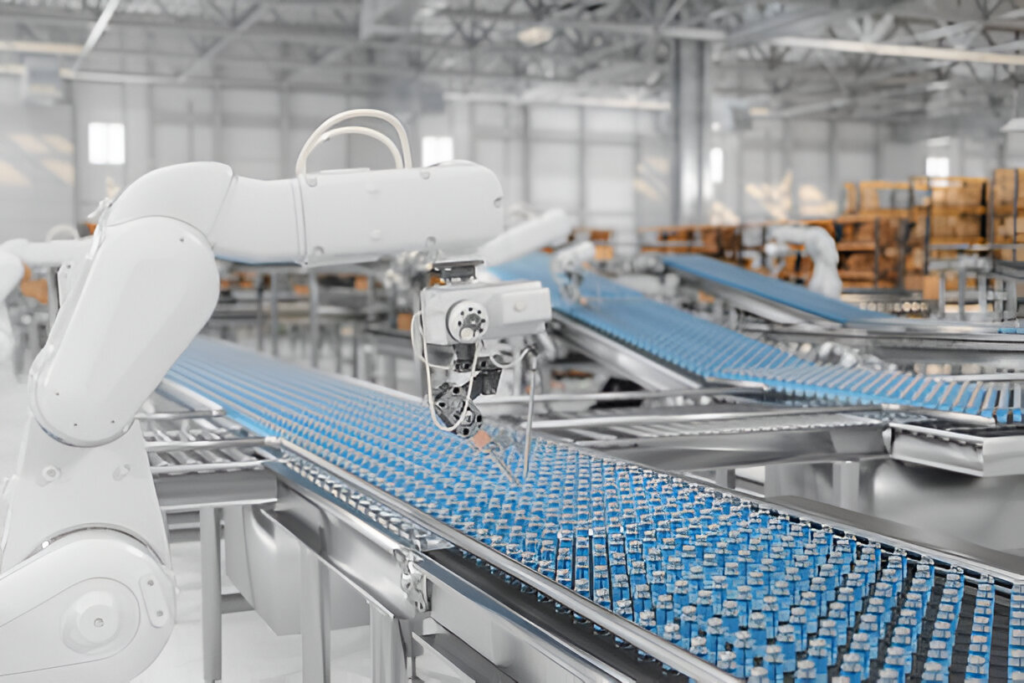
Transportation
Self-driving cars have been a big hype over the past few years. Tesla made headlines with its self-driving technology. But Mercedes-Benz, BMW, Cadillac, Lincoln, and other companies have also entered the market with their cars equipped with Autopilot mode.
Autonomous driving technology is still in its early stages. But we may see more autonomous vehicles capable of driving without human assistance. These vehicles can most likely reduce accidents and improve traffic flow.
Also, it will be of great value to people with disabilities or health issues. They will be able to travel on their own.
Apart from personal cars, AI will also positively affect public transportation.
Autonomous buses and subways can operate more efficiently. Their predictive maintenance system will improve service reliability and make them safe.
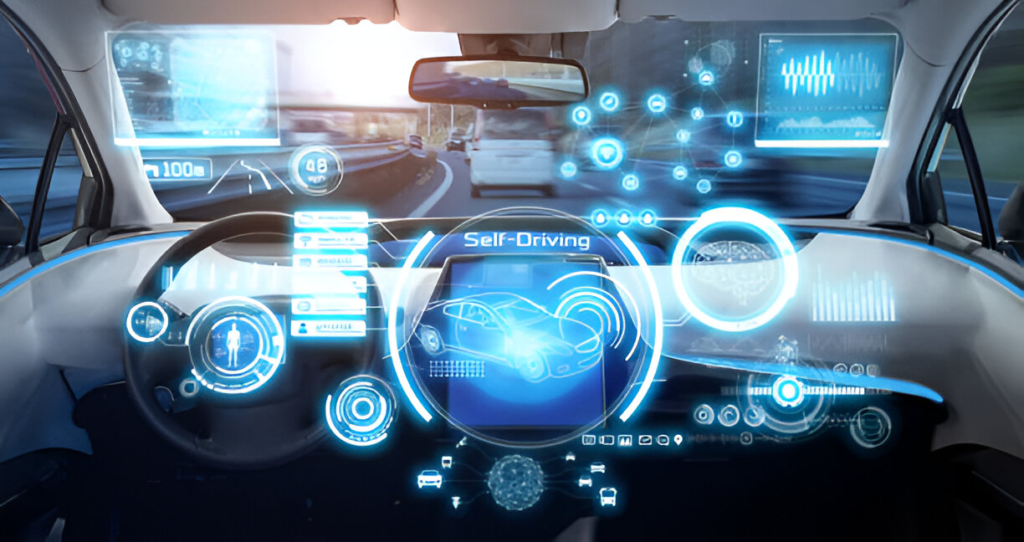
Education System
The education sector is also changing, all thanks to AI and machine learning.
Generative AI tools provide access to customized learning plans. It can identify areas where individual students need improvement. Then it can suggest learning resources to help learners better grasp those concepts.
In the future, AI tutors will be the norm. They will offer personalized learning experiences to cater to individual student needs. Also, their instant feedback will help learners during their learning journey.
Teachers will also be able to leverage AI to their advantage. They can automate administrative tasks. This way, they can free up their time to focus on teaching and introducing better teaching methods.
Additionally, virtual classrooms will make learning more accessible. It will break down geographical barriers and students can attend lectures from anywhere around the globe.
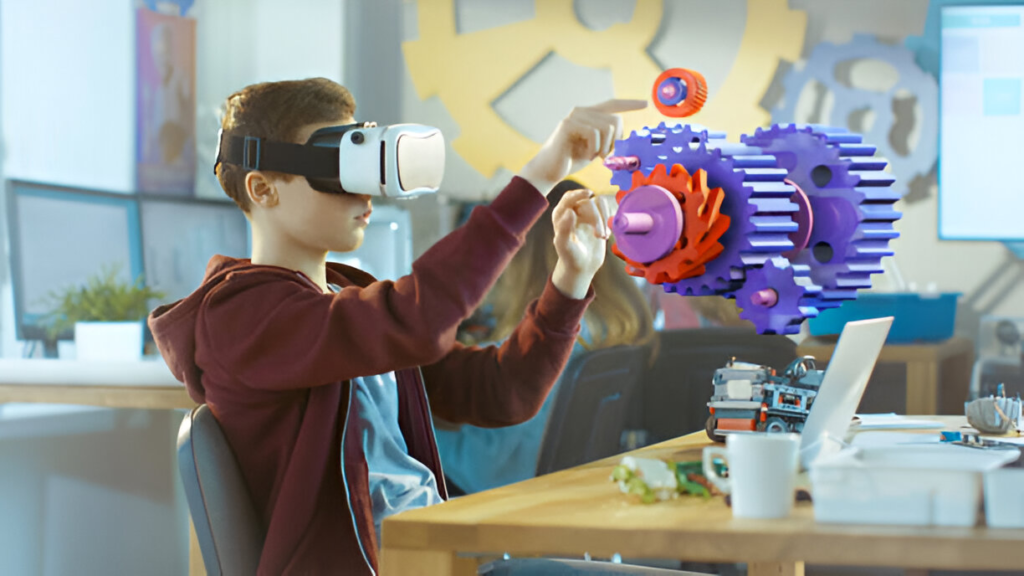
How AI Will Change the Job Market
AI will have a major impact on society. But the most significant effect will be on employment.
Artificial Intelligence will automate several tasks. Thus, businesses can replace human workers with robots.
Routine and repetitive tasks, such as administrative tasks and factory operations, are being automated. So, these jobs are likely to get eliminated down the road. But the positive point is that AI advancement will create new opportunities for the skilled workforce.
Roles such as AI developer, data analyst, and cybersecurity expert will be in demand. Also, entirely new industries and job categories may emerge with AI growth. For instance, AI ethics specialists, AI trainers, and AI maintenance engineers didn’t exist a decade ago. But they are likely to be in demand down the road.
The key to staying relevant in the future job market lies in adapting to the changing market. It’s crucial to keep upgrading your skills.
Challenges and Potential Risks
Despite AI technology’s potential, it also presents certain risks. If those challenges aren’t addressed, the technology may create challenges.
Data privacy is a huge concern. AI systems need access to huge volumes of data for deep learning. It’s crucial to ensure that the data used for training the system doesn’t contain sensitive information to ensure user privacy.
AI is currently in its initial phase. So, the generated results often seem biased. That happens when training data contains biased information. In the future, it’s important to improve the quality of training data to avoid biased results.
Regulation and governance will also play a critical role in shaping the future of AI. A balance between innovation and ethics is necessary.

Conclusion
The future of AI is both exciting and challenging. Its potential across healthcare, business, and other industries is immense. But at the same time, it can cause ethical, social, and economic concerns.
AI is a strategic tool that can drive growth and innovation. So, staying informed about current developments is important for business owners and professionals.
So, what does the future of AI look like? Interested in joining the conversation? Then feel free to share your thoughts in the comments section. Or join the community on Millionaire By Morning forum!
